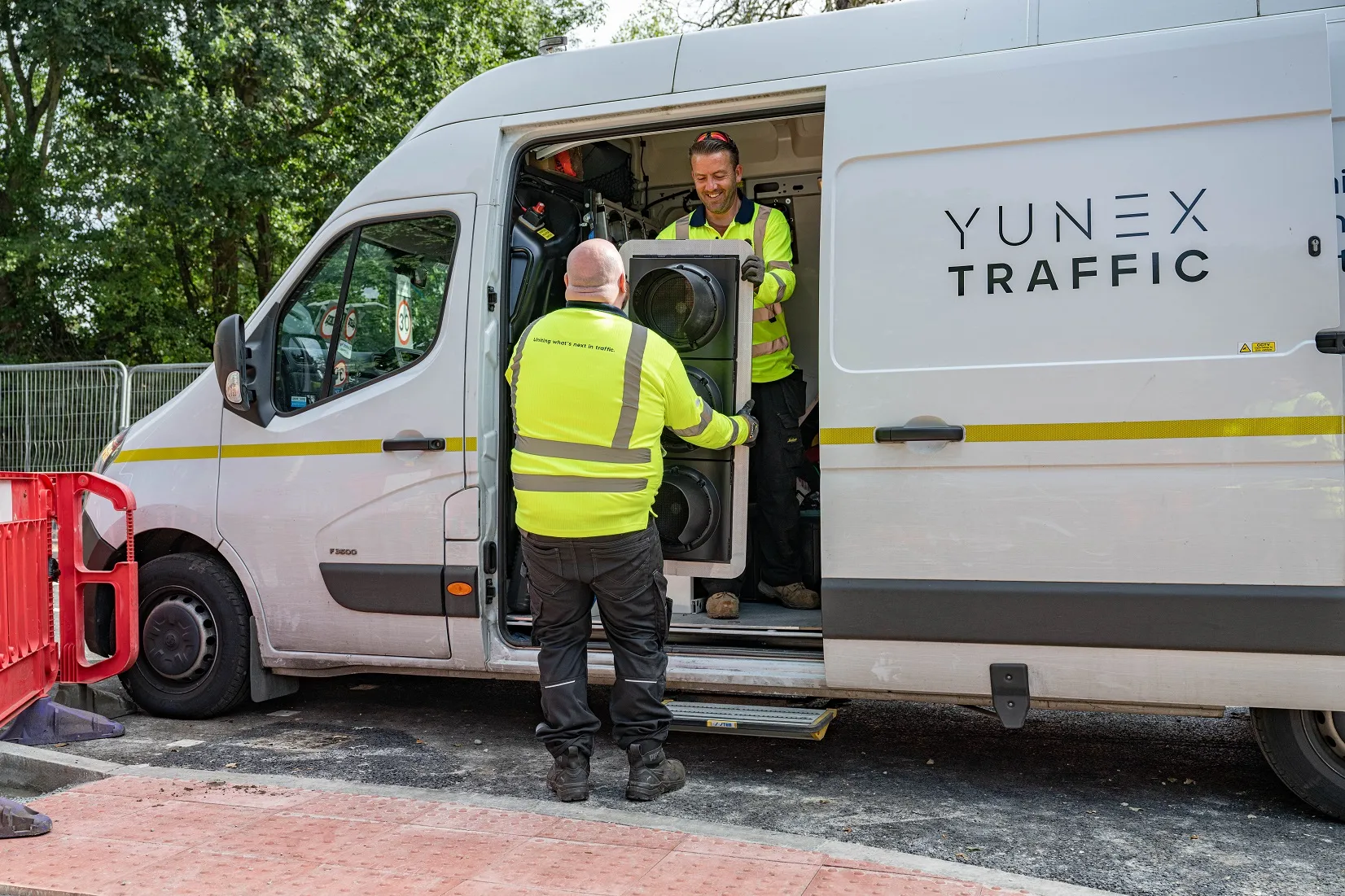Swarco has been awarded a contract for a major traffic management project with various locations throughout Hungary, including several urban areas, by the Hungarian Public Road Non-Profit.
Swarco will develop a new fault indication system specifically tailored to Hungarian needs and also adapt its service software to suit local requirements. The final system will provide an advanced traffic control system that provides harmonised and adaptive traffic control with remote control to help improve traffic f
February 25, 2014
Read time: 1 min
Swarco will develop a new fault indication system specifically tailored to Hungarian needs and also adapt its service software to suit local requirements. The final system will provide an advanced traffic control system that provides harmonised and adaptive traffic control with remote control to help improve traffic flow and reduce emissions.
The project includes the delivery, installation and set up of several system components: Central software; Open communication interface compatible with existing GSM based APN system; 452 Actros traffic controllers; 4600 plus Futura LED traffic signals; 793 vehicle detectors; 443 pedestrian sensors for 134 intersections; and touch push buttons.
Installation and development work has already started; the project is due to be completed by May 2015.









